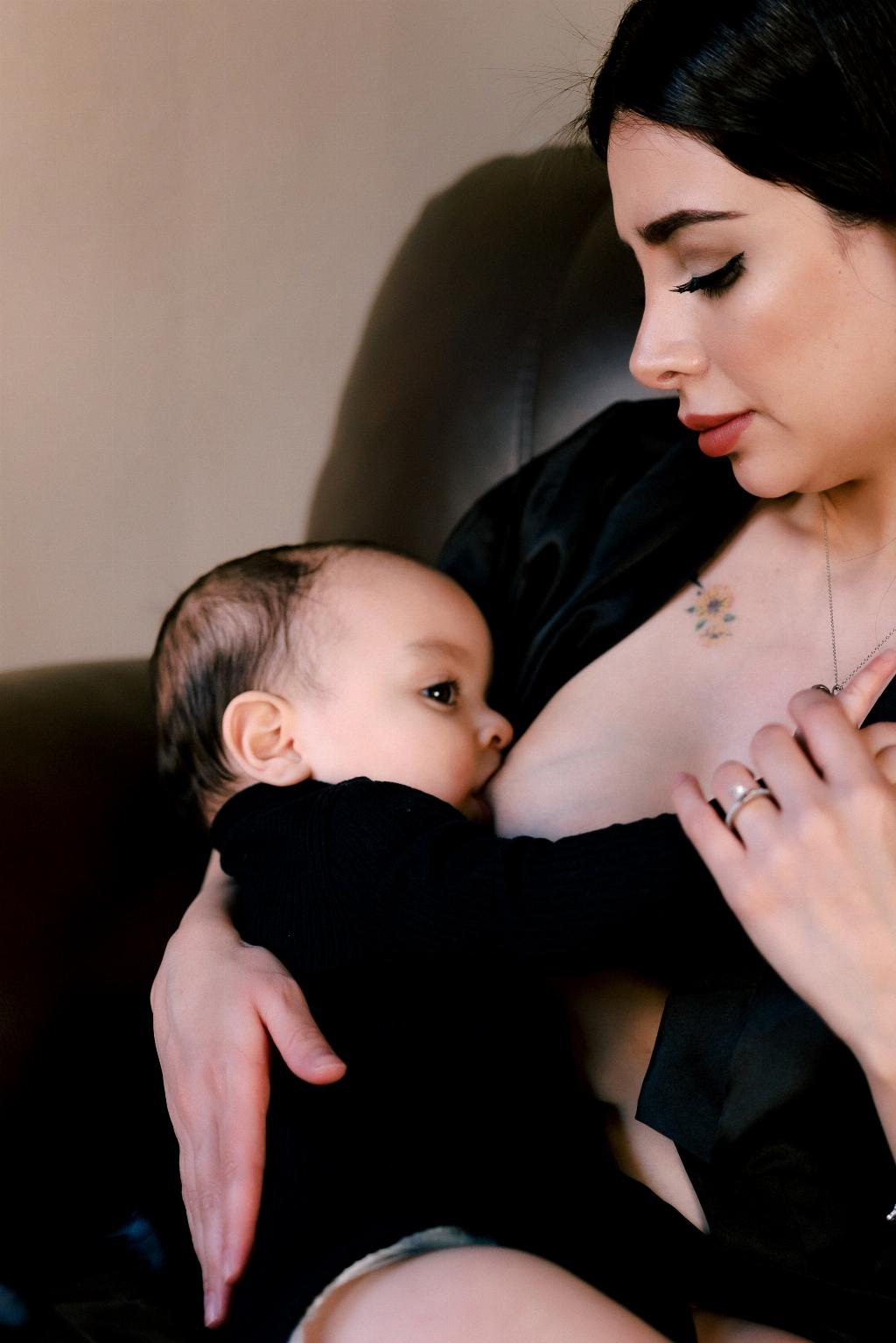When it comes to the topic of consuming alcohol while breastfeeding, many mothers often find themselves questioning whether a glass of wine is permissible. It’s crucial to consider the implications that alcohol consumption can have on both the mother and the infant during breastfeeding.
While some sources suggest that abstaining from alcohol altogether is the safest choice for breastfeeding mothers, others mention that moderate alcohol intake, typically up to one standard drink per day, may not pose significant risks to the nursing infant. However, it is essential to be mindful of how alcohol consumption can affect both the quality of breast milk and the overall well-being of the baby.
One important factor to consider is the timing of alcohol consumption in relation to breastfeeding. Experts generally advise that if a mother chooses to enjoy a glass of wine, it is advisable to wait at least 2 hours after consuming a single drink before nursing. This waiting period can help ensure that the alcohol has been sufficiently metabolized by the mother’s body before breastfeeding, minimizing potential exposure to the infant.
It’s also essential to understand how the amount of alcohol consumed can impact the composition of breast milk. While small amounts of alcohol can be detected in breast milk, the level typically parallels the concentration found in the mother’s bloodstream. Therefore, moderate alcohol consumption is less likely to have adverse effects on the infant, especially if precautions are taken to space out drinking and breastfeeding sessions.
Moreover, it is crucial for breastfeeding mothers to be aware of their individual tolerance levels to alcohol. Factors such as body weight, metabolism, and overall health can influence how quickly alcohol is processed by the body. Given these variations, some mothers may find that even small amounts of alcohol can affect their ability to breastfeed comfortably or may lead to adverse reactions in their infants.
It’s important for mothers to prioritize their own well-being while also considering the potential impact on their breastfeeding infants. Understanding the guidelines for responsible alcohol consumption during breastfeeding can help mothers make informed decisions that align with their personal preferences and health goals.
Ultimately, the decision to have a glass of wine while breastfeeding is a personal one that should be made based on individual circumstances and preferences. Some mothers may choose to avoid alcohol entirely during breastfeeding, while others may feel comfortable with occasional moderate consumption. It’s essential to strike a balance that prioritizes the health and safety of both the mother and the infant.
Consulting with healthcare providers or lactation specialists can provide valuable insights and guidance for breastfeeding mothers who have questions or concerns about alcohol consumption. These professionals can offer personalized advice based on individual health considerations and help mothers navigate the complexities of balancing alcohol intake with breastfeeding.
Overall, the key takeaway is that while enjoying a glass of wine while breastfeeding may be possible in moderation for some mothers, it is essential to approach alcohol consumption with caution and mindfulness. Prioritizing the well-being of both the mother and the infant is crucial in making informed decisions that support a healthy breastfeeding experience.
By staying informed, being mindful of timing and quantity, and seeking guidance when needed, breastfeeding mothers can navigate the nuances of alcohol consumption while maintaining a safe and supportive environment for their infants.

